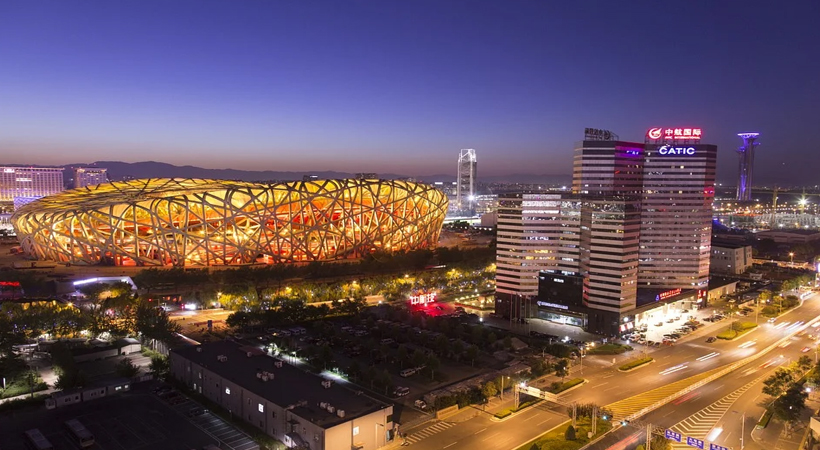Beijing bans non-essential travel, as coronavirus raises its head again

Beijing has urged its residents to not leave the city and closed schools again as authorities scramble to contain a “severe” new coronavirus outbreak in the city of 21 million people.
The coronavirus resurgence — believed to have started in the capital’s sprawling Xinfadi wholesale food market — has prompted alarm as China had largely brought its outbreak under control through mass testing and draconian lockdowns.
The country had eased much of its anti-coronavirus measures in recent months as the government all but declared victory against the disease that emerged in the central city of Wuhan late last year.
Fearing that progress could unravel, authorities locked down several residential areas and announced new restrictions on Tuesday, with group sports banned, people ordered to wear masks in crowded enclosed spaces, and inter-provincial group tours suspended.
The city government said residents should avoid “non-essential travel” out of the capital.
“Anyone leaving Beijing must have a negative reading on a nucleic acid test taken within seven days (prior to departure),” Chen Bei, deputy secretary general of Beijing municipal government, said at a press conference.
Residents of “medium- or high-risk” areas of infection are completely banned from leaving. Non-residents and outside vehicles are prohibited from entering communities and villages in medium and high risk areas, Chen said.
He added that the higher risk residential areas are “fully enclosed and controlled” — similar to strict local measures imposed in Wuhan at the height of the pandemic.
“The epidemic situation in the capital is extremely severe,” Beijing city spokesman Xu Hejian warned at a press conference. They took the number of confirmed infections in Beijing over the past five days to 106, as authorities locked down almost 30 communities in the city and tested tens of thousands of people.
The capital’s transport commission banned taxi- and ride-hailing services from carrying passengers out of the city, Xinhua said. Companies were told to encourage flexible work arrangements such as teleworking, while libraries, museums, art galleries and parks must now limit capacity to 30%.
Beijing officials closed 11 markets and disinfected 276 agricultural markets and 33,000 food and beverage businesses. Seven more residential estates were also locked down.



